#10 - When the Stars are aligned

Tell someone that you sold a used racecar for one and a half million dollars, and the reaction will run the gamut from curious disbelief to wide-eyed “shut the f**k up!” amazement, the latter of which was voiced by Barbara, a captivating young lady who managed the bar and waited on tables at the hotel in Tacoma where Terry and I were staying for a week. Barbara plainly surprised herself using the “F” word because she quickly covered her mouth in a half-hearted attempt to white-out the whole sentence.
I don’t remember how Barbara and I got to talking about cars, or how she even found time to chat, as busy as she was every evening that we stopped in for dinner. I don’t usually talk much about cars unless I’m with car guys. Sometimes I stray into flying or photography or the Stratoflight software I’m developing. During social conversations, I follow the golden rule practiced by savvy biochemists: Talk about chemistry with biologists, about biology with chemists, and about sex amongst ourselves.
Lately, I must confess, there have been opportunities where I found myself steering the conversation into why I’m writing this book. Could be that’s how Barbara found out about the Cobra.
Before venturing too far out into the desert I should tell you that if you thought the stars in this chapter are the sort of stars you find partying it up on the Milky Way – they’re not. Although, truth be told, partying it up wouldn’t be all that far out of place. No, the stars you’ll meet here are rock stars, Herb Gross of “The Invictas”, and Lou Gramm of “Foreigner”. Two good friends who, by happenstance, played a role in why this book is being published, and why the Dragon Snake sold for one and a half million dollars.
Herb Gross
Herb owns an advertising and promotions company in Rockledge, Florida. We met in the late sixties when he walked into the Unitac print shop that Jerry Mayo and Tom Palmer and I founded in Rochester, New York. Chances are Herb and I had crossed paths before because we both studied at the Rochester Institute of Technology and hung out at "Jake D’Aprile’s" and the "Pastime" on Main Street in Rochester, and "Tiny's Bengel Inn" on St. Paul Boulevard in Summerville.
As Alan Morrell of the Rochester Democrat and Chronicle described it: Tiny’s Bengel Inn was a hot spot for young rock-and-roll fans in the 1960s, a place where the music was loud, the crowds were packed in tight and the beer flowed like the water in the nearby Genesee River. “Tiny” was Fred Watson, a large man who stood six feet four and tipped the scales at 350. Watson’s wife, Marion, ran the place and the couple lived upstairs with their children.
People posted memories of the club on Facebook about a women’s bathroom “the size of a postage stamp” and of nights with “sweat pouring off us as we danced one dance after another.” One woman posted of the “delicious Friday night fish fries, and then the rest of the weekend it was a hopping young people’s hangout.”
“Many great bands played there, but it was The Invictas that made a name for themselves and packed Bengel’s every Wednesday and Friday night,” wrote Jacque Van Gieson of Florida.
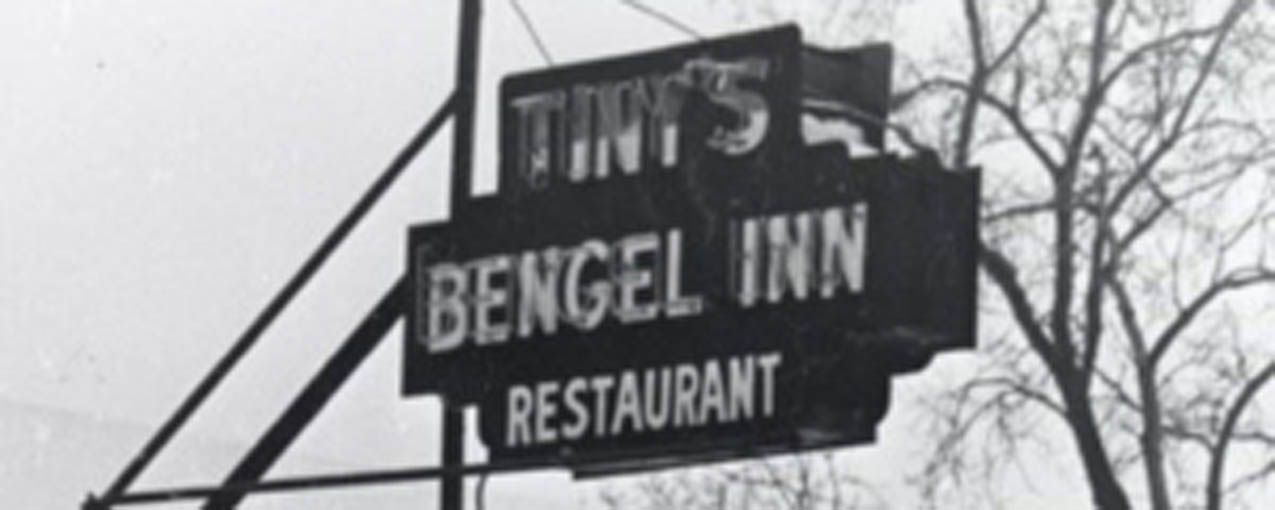
The Invictas were founded in 1961 by Herb Gross as a neighborhood garage band. “Bengel’s really made The Invictas, “says Herb. “It gave us an opportunity to play for so many people. You would have 300 to 400 people standing in line to get in. There were teenage kids with hot rods. The place was just packed, wall-to-wall. When we played, the place would shake. Vietnam started taking original members from the band. Many people who posted Facebook memories of Tiny’s and the Invictas shared similar stories of going off to war. For some, Tiny’s Bengel Inn wasn’t there when they came back.”
Tiny’s Bengel Inn is gone, but Herb still keeps ’em rocking. Although he and Mary live in Florida year-round, they enjoy escaping the tropical summer heat and spending a few weeks with us every year in the more temperate climate of upstate New York. That also lets them squeeze in a few gigs in Rochester, where Herb and the original band members grew up. “When the band is in front of an audience, we have the time of our lives,” says Herb. “It’s the fountain of youth.”
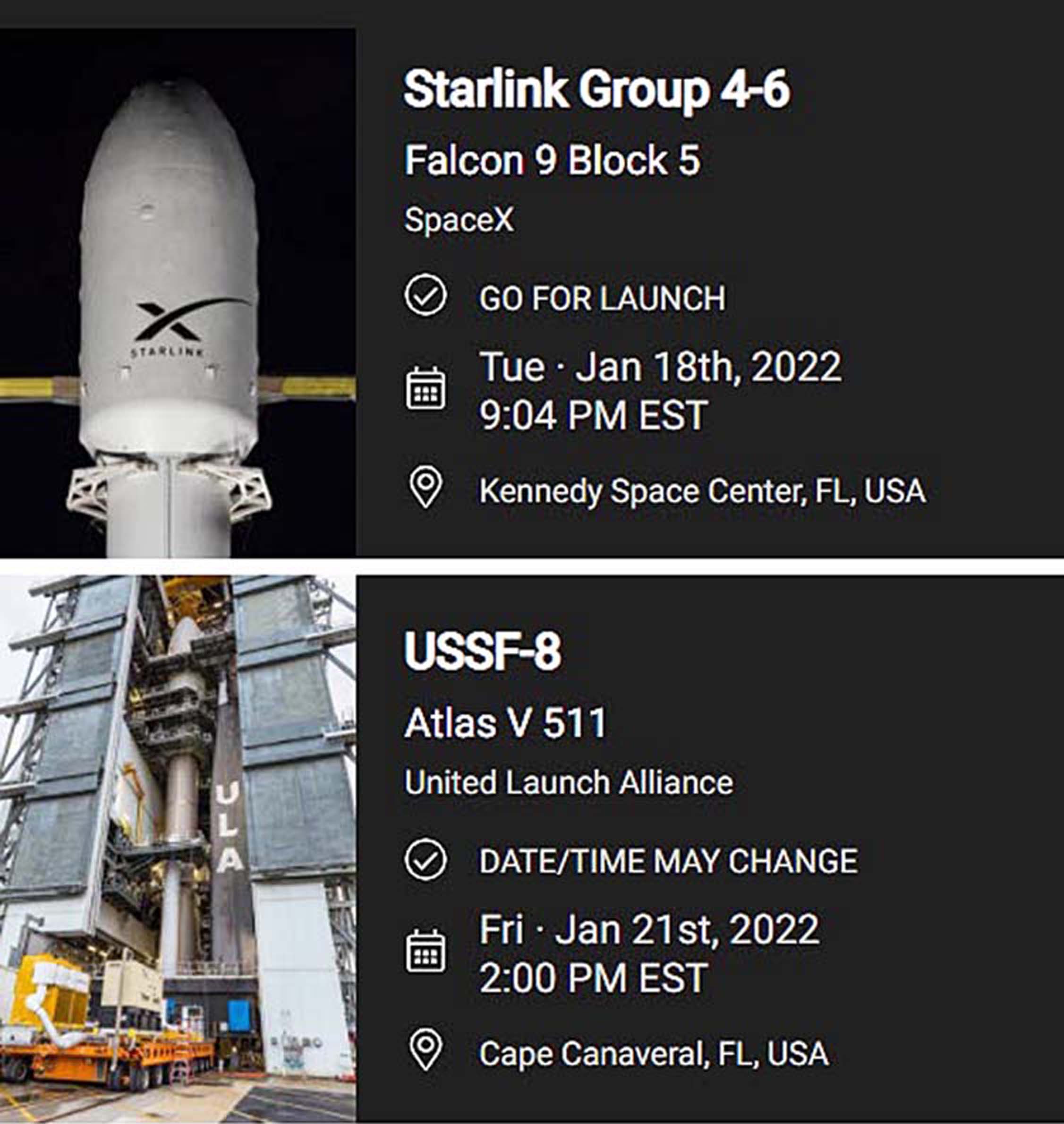
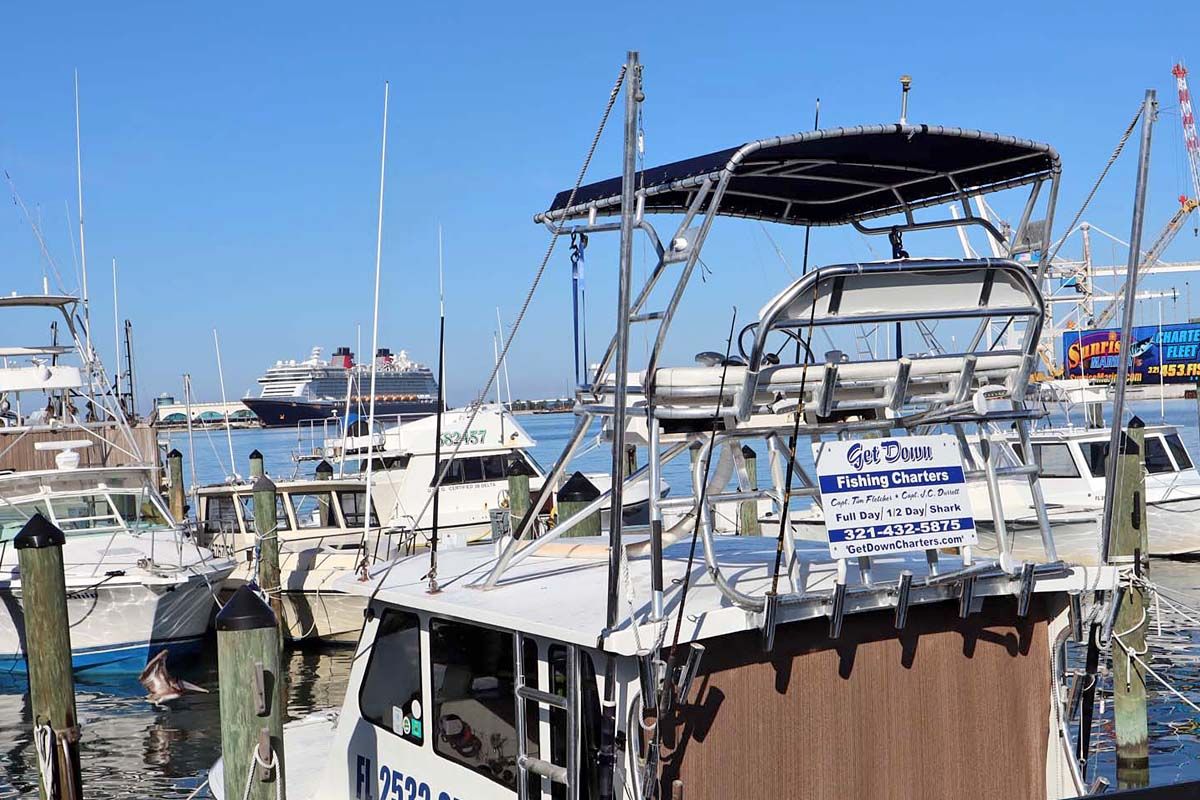
Terry and I live in Webster, NY, a Rochester suburb, but maintain a winter home on the Space Coast of Florida, a short twenty-minute drive from Herb and Mary. We’re fifteen minutes away from Port Canaveral and the big cruise ships, twelve minutes from the Kennedy Space Center.
Mary is the only long-time Floridian in the bunch, having grown up watching the first humans launched out of earth’s atmosphere. Her stars became aligned when she later landed her dream job at NASA. “Reach for the Moon, you might land among the stars,” she was told. And she did, watching Astronauts fly the Shuttle in and out of Earth’s atmosphere.
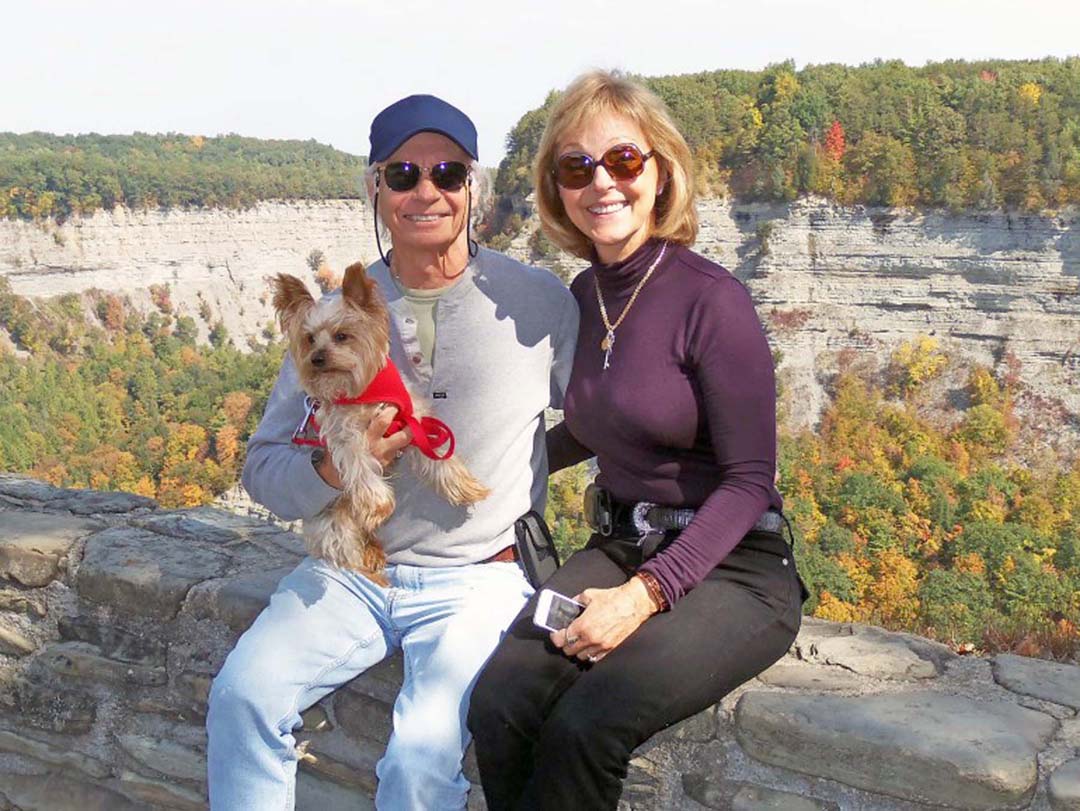
Jack, Herb and Mary in Letchworth State Park, the "Grand Canyon of the East", 45 miles south of Webster in upstate New York.
Back in the early to mid-seventies, Herb and I were roommates in Rochester at Herb’s House on Edgerton Street off Park Avenue. The Invictas had disbanded in 1968. The Park Avenue parties hadn’t. Whatever you may have heard about intemperance and debauchery, you can safely ignore half of it. For the other half, picture yourself cozying up in a tent at the Watkins Glen racetrack while listening to the crackling embers of a dying campfire – only you’re now indoors, listening to “Get Down Tonight” and “How Sweet It Is” and “Rhiannon”, surrounded by more people than would fit in a tent, people you like to have fun with.
The Park Avenue neighborhood in Rochester was a mix between Greenwich Village in New York and Haight-Ashbury in San Francisco. Smaller in scale, but with a party going on in a different house every weekend just the same. Some of the festivities were open to whoever got wind of them, others were by invitation only, to the regulars, the in-crowd. The few times when clothing-optional turned into bare necessity was when body paint and black lights were brought out in the attic.
Hard drugs never became an issue. Even smoking joints was discouraged. After all, who wants their house filled with the unmistakable aroma of weed and have the police show up because some stick-in-the-mud complained about the noise. Brownies with grass, that’s another matter.
Although . . . Herb keeps reminding me of one of our parties where the air quality was questionable and a cop showed up at the front door and nearly everyone scrambled through an open window onto the fire escape. When the situation cooled down it was discovered that the officer merely wanted to deliver a message to his sister, who may or may not have been a member of the exodus. This was supposed to have taken place before we all had cellphones. I'm not sure I was there but I also don't remember that we had a fire escape. I suspect it was a good party.
In 1975, that “magical year,” Terry and I committed to becoming “an item.” Terry had rented an apartment at 150 Park Avenue, within walking distance of 84 Edgerton – Herb’s place. I moved in with her, and we’ve been living together ever since. A few blocks down, in the basement of an apartment complex at 97 Park Avenue, is where Jerry Mayo and I had founded Unitac International Inc., an Export Management Agency. We stayed there less than a year.
The timeline for the next two relocations of Unitac gets a little murky but isn’t relevant. We eventually rented an entire building on 45 Charlotte Street from Frank Whalen who had operated his floor-tiling business there, well into his eighties. When the City of Rochester kicked us out of our prior location on Clinton Avenue to make room for an urban renewal project, Frank’s warehouse stood conveniently empty. Larry Ruderman, the city official charged with assisting companies displaced by the project, was able to secure a $10,000 grant for moving expenses and, much to our landlord’s delight, for remodeling the first floor offices and showroom. Don’t forget, we were renting. Frank still owned the building.

When I asked him a year or two later whether he ever thought of selling the place, his answer was “Son, at my age, everything’s for sale.” He didn’t say “Son” exactly – the word he used is the first of the seven dirty words George Carlin claimed you can never say on public television, and then proceeded to say all seven of them – on public television. Since I’ve already used up my allowance of four-letter words going into this chapter, we’ll give profanity a rest here.
In any event, that’s how I came to buy the building that housed Unitac. Our Export Management Agency had morphed into a printshop almost from the day we opened. The start-up had been undercapitalized far more than we anticipated. Neither Jerry nor I drew a salary for nearly a year. Come to think of it, maybe longer. We were hemorrhaging cash without so much as a candle shining a light at the end of the tunnel.
For starters, I had overpaid for our stationery. This turned out to be a blessing. It was clear from the beginning that we would have to spend money printing price lists and catalog sheets for our clients – once we actually had clients. Overpaying for the Unitac letterheads served as a precursor for more pricey printing bills to come.
When I explained our predicament and the possible need for a small used printing press to Tim Thompson at a Watkins Glen race where Tim was one of our regulars, he said he knew of just such a press and a paper cutter and addressing machine that could be had for $2,500. I had never seen an actual printing press and had no clue how to run one, but we still had enough money in the bank to write the seller – a printer anxious to retire – a check. Which I did, the day after I got back from the Glen. With the road ahead now clear of any conceivable obstacles, Jerry and I ordered a “Discount Printing” sign to hang in the window, then got busy teaching ourselves how to print.
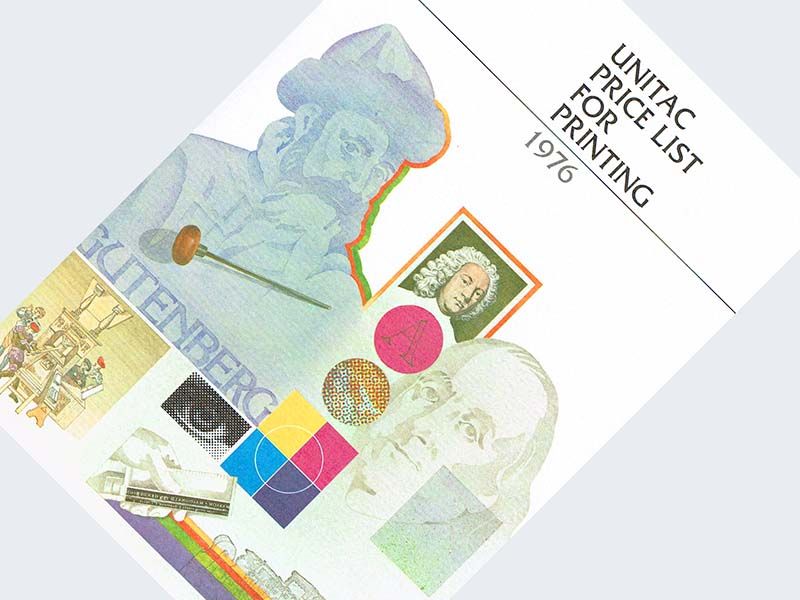
After all, this was America, the land of opportunity and new pioneers, was it not? Alright, then. Was our first job a disaster? Unmitigated! Ditto for the first few jobs after that. But we did get the hang of it – eventually. And became successful and made money putting ink on paper – eventually! The key, we learned, was to recognize the level of complexity of jobs best left undone. A note to any printer reading this: Don’t let your of-course-we-can-print-this pride get in the way of profits.
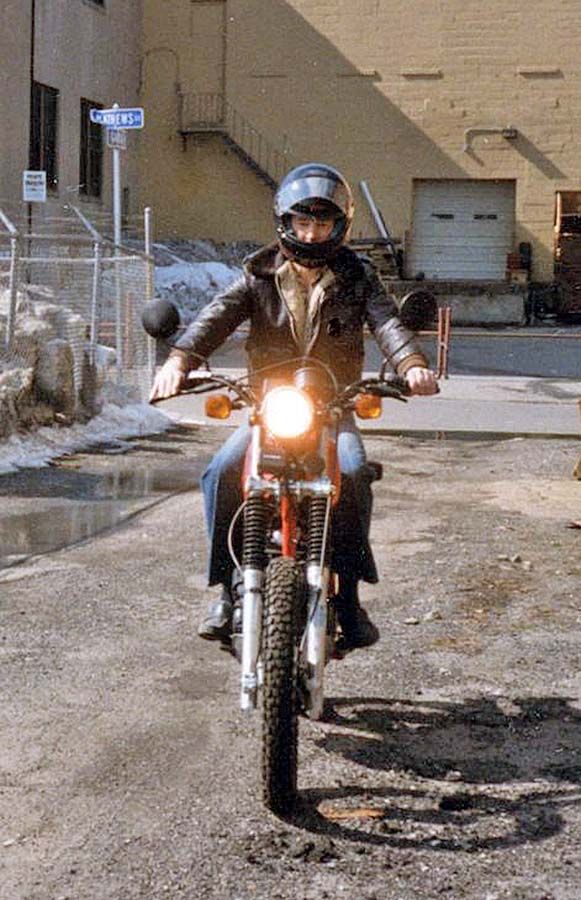
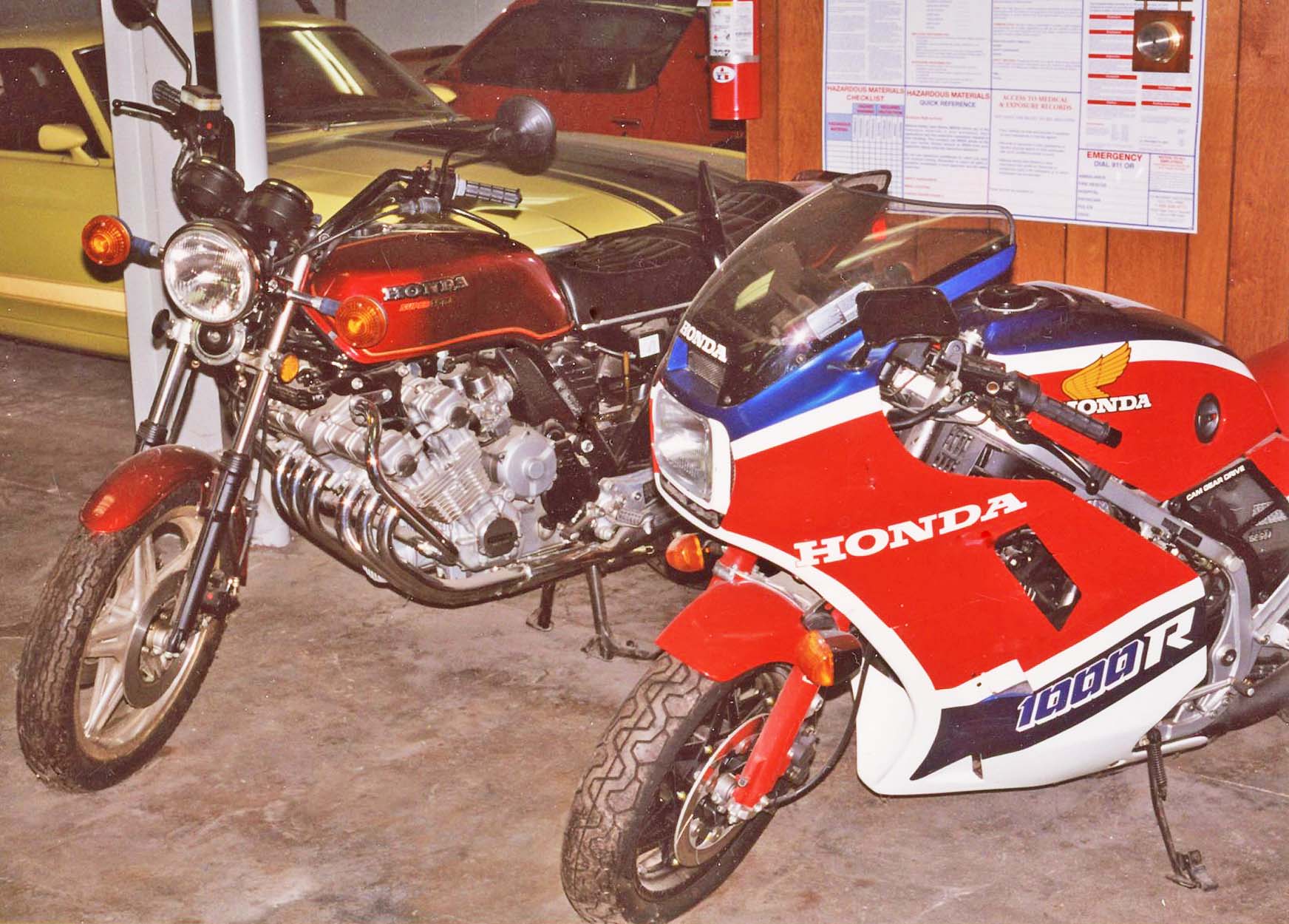
The building I bought from Frank Whalen was not only spacious enough for the printshop, there was room left over for storing the Cobra, my 1970 Boss 302 Mustang and 1978 Pontiac TransAm, Terry’s TR7 and my TR8 – and five Honda motorcycles that included a CBX1000 and VF1000R. This bit of history will become relevant when we get to where another rockstar subsequently bought the building next door to set up a recording studio and store his collection of muscle cars. As luck would have it, Lou Gramm, lead singer and songwriter for the British-American rock band Foreigner – and my new neighbor – was a car guy, too.
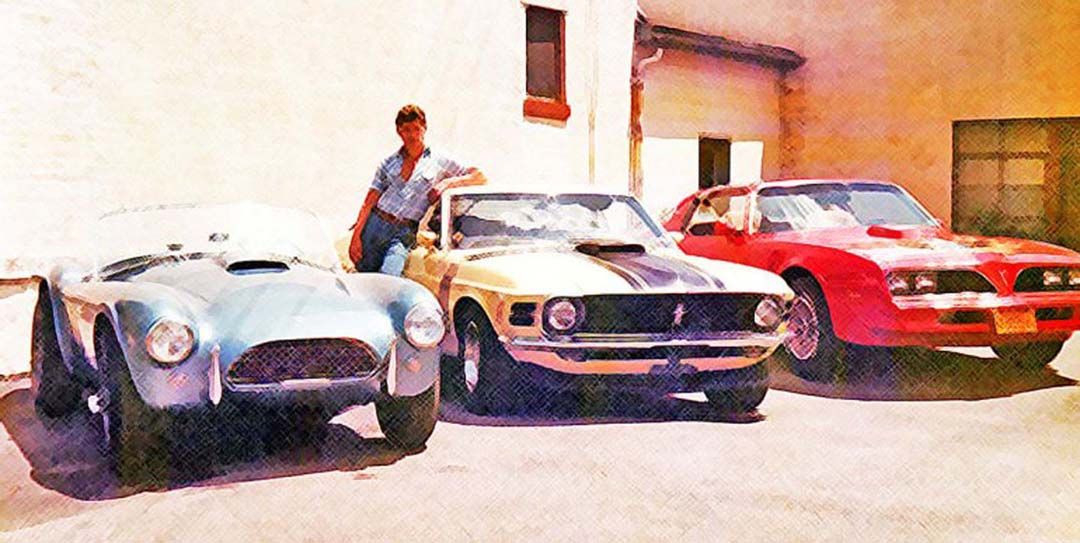
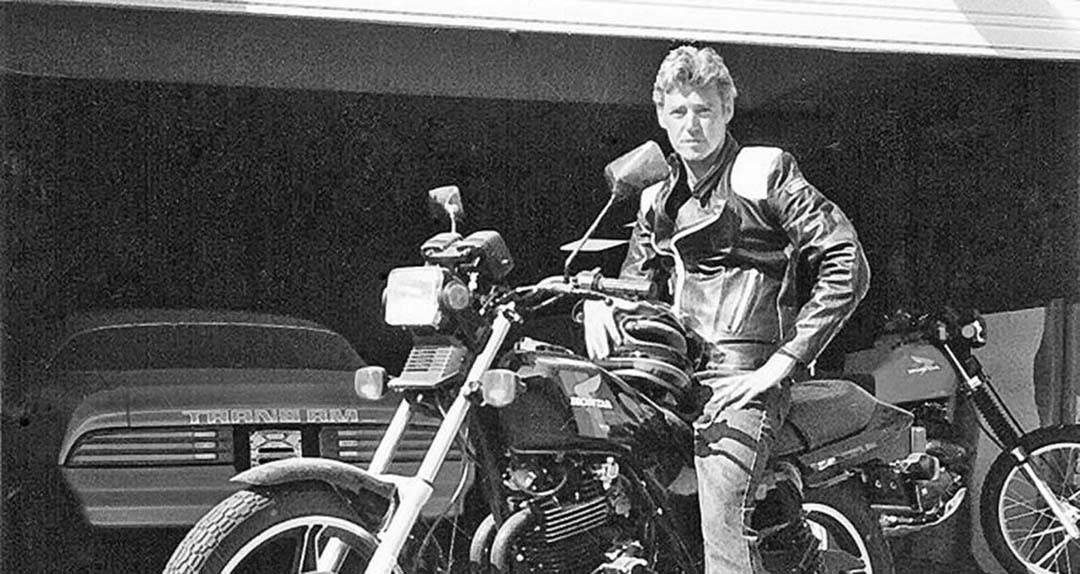
At the time, few local residents knew I had the original Dragon Snake sitting in the Unitac printshop – downtown, in the shopping district of Rochester, the heart of the city. Even fewer were aware of the car’s history and provenance. Less than ten got to ride in the car as passengers during the 39 years I owned it. What’s more, the Dragon Snake was never driven or trailered to a car show. It wasn’t the principle of the thing, though that may have contributed – I just lacked the interest. Never cared much for the “Look what I’ve got” Syndrome. Jezebel knew her station in life, and I knew it, too.
As did Terry. Of all the people who had insight into my life with Jezebel, Terry would top the list. Jerry Mayo and Tom Palmer, my partners and racing buddies, would rate a close second. During an interview taped a few weeks before the 2006 Mecum Spring Classic auction, Dana Mecum said he was sure the Dragon Snake would sell for more than a million. Terry predicted it would sell for a lot more than that. My reserve was $850,000. The car sold for $1,601,250. So who is the car guy with the best instincts now!
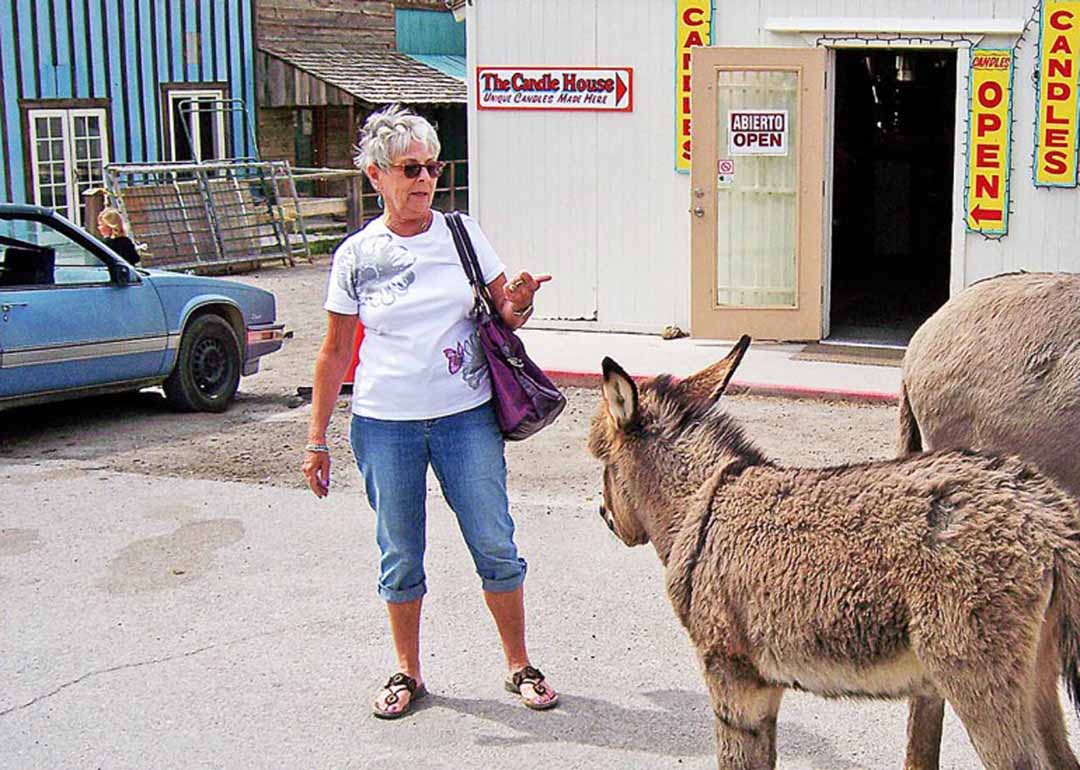
Terry telling a dumbass where to go, and how to get there. She's good at that!
Once the auction results and some of the history of the car had become public knowledge, suggestions began trickling in that I should maybe write the “Cobra Racecar Story.” Of course, write a book, why didn’t I think of that! With today’s technology, lots of people with half a mind to write a book go right ahead and do so. Nobody was pressuring me. Wouldn’t have done ’em much good. People around me knew I was busy taking Unitac International Inc. on its second 180-degree course correction, from printing letterheads and envelopes to developing software for printshops around the globe. It would be a huge undertaking to code and write a book and at the same time run a business.
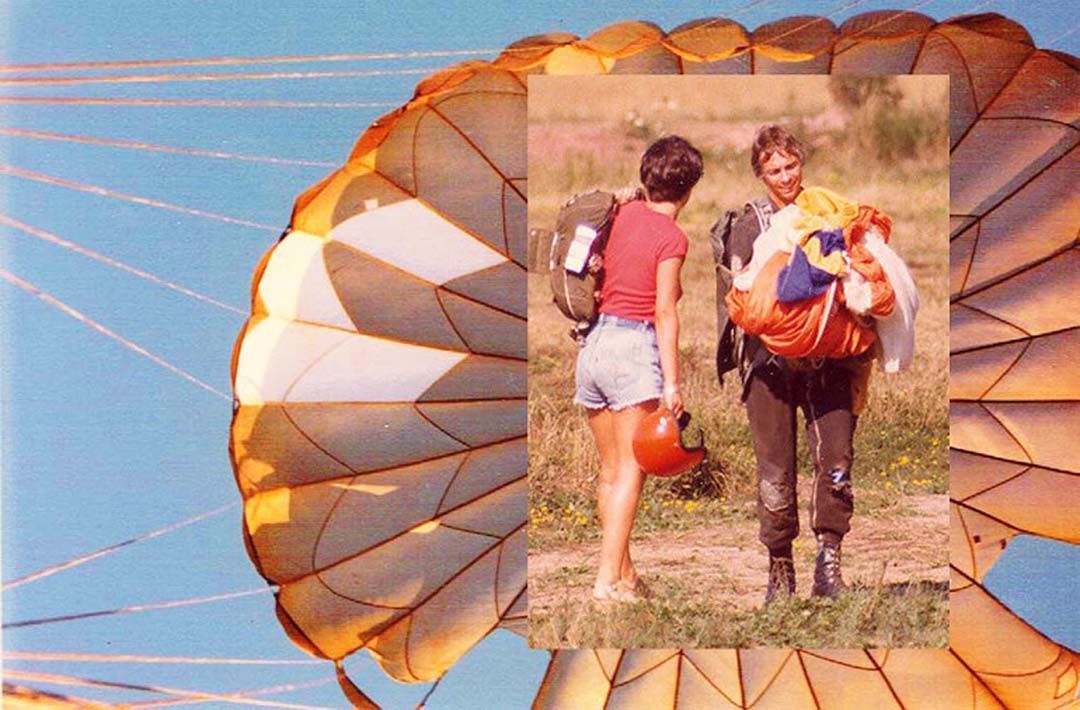
Herb's second jump, my third. Terry and my son Raymond also made their first jump that day. I followed them out to photograph my perfectly deployed parachute with a tiny Minox. That camera wasn't cheap; it would have killed me to drop it. I remember how the empty void under my boots had me put a death grip on the strapless Minox.
Running a business is the one activity where having one and a half million dollars sitting in the bank is a golden parachute. With lack of cash flow not all-consuming, and never having to wait for the “check in the mail” to arrive, you can relax and work at your own pace and only burn the midnight oil when a tax deadline on your calendar says you have to.
Writing software is a full-time job unless you’re doing it for the sole purpose of keeping your brain amused. A literary project, on the other hand, you can put aside and dust off when you have time for it. It would be nice of course to see your bestseller published in your lifetime. Always a consideration. Otherwise, what’s the point!
I started writing the Cobra Story on July 15, 2015, nine years after the Mecum auction. The decision to write the book had been made much earlier, in 2008, when Herb approached me about doing a short film for a “Rock Till Ya Drop” series of interviews. The title, he said, would be “How do you take $3,600 and turn it into one and a half million.”
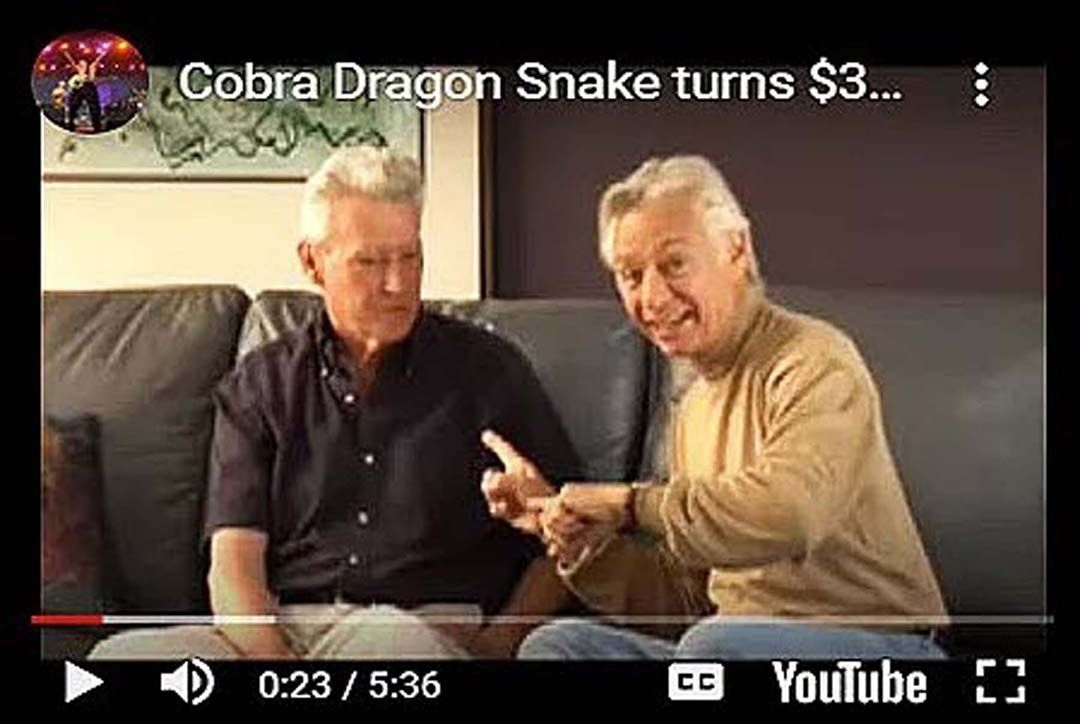
Watching the YouTube video of the interview for the first time became a tipping point, one of Malcolm Gladwell’s examples of how little things can make a big difference. I loved the casual style of the unrehearsed documentary filmed in my living room. Knowing how professional my friend was as a TV producer and interviewer, I would have expected nothing less. Herb knew bits and pieces of the Dragon Snake story, so the two of us just sat down and talked. I left it up to him to ask the right questions. And in that, he delivered – more than what the title promised. All I did was fill in the blanks. Herb absolutely nailed what writers call “The Hook”, the “I gotta see this!” part. That, too, I saw coming. Think I’m kidding? The always-on promoter in him was talking about screen rights for a book soon after he posted the YouTube video. What book, Herb?
It is not enough that we do our best; sometimes we must do what is required. Winston S. Churchill
After watching the interview a second time, and a third, I could see clearly through the fog of everyday humdrum the requirement that trumped all others — putting coding software on the back burner for a while and write the Dragon Snake story. Not a rehash of what was told in the interview, but a bigger story, a memoir of how measuring in purely monetary terms the value of something we own often pales against the good times shared, and the memories accumulated. The stars were aligned when Herb said: “Let’s do an interview.”
Lou Gramm
Quoting from his autobiography “Jukebox Hero”, Lou Gramm rose from working-class roots in Rochester, New York to become one of rock ’n’ roll’s most popular voices. Rolling Stone magazine called him “the Pavarotti of the power rock ballad.” Lou had started his musical career as the frontman for the local band Black Sheep. They were the opening act for Kiss when an accident with the Black Sheep equipment truck on the ice-covered New York State Thruway ended the band’s tour on Christmas Eve, 1975. Unable to support their albums with live performances, Black Sheep disbanded.
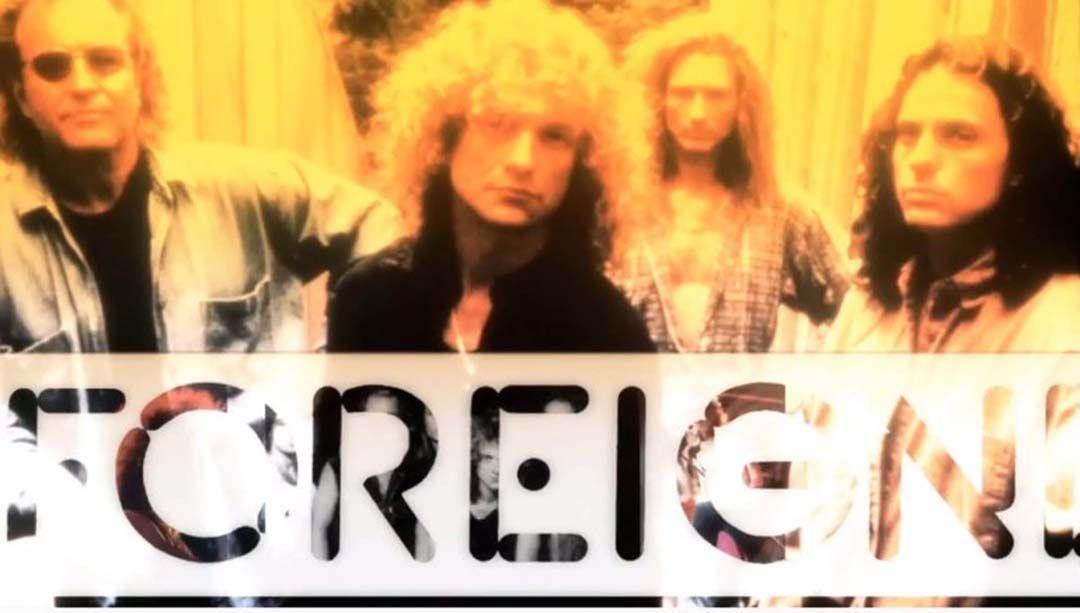
Early in 1976, not long after Black Sheep’s truck accident, Lou was invited to join the iconic British-American band Foreigner as their lead singer. He co-wrote most of Foreigner’s songs, including the hit ballads “Waiting for a Girl Like You” and “I Want to Know What Love Is”, a number one hit in eight countries. Lou Gramm was inducted into the Songwriters Hall of Fame in 2013.
Where Herb Gross played a key role in getting this book written, it’s improbable the Dragon Snake would have hammered sold anywhere near one and a half million without Lou Gramm and Jim Guck and Dana Mecum and his team. The car would likely have blown right through my $850,000 reserve – maybe even reached a million – but would have stopped there had I not signed with Dana Mecum. That I am sure of.
As it was, the bidding stalled at around $1,200,000 for what seemed like a small eternity. Although I had managed to block most of the adrenalin after the reserve had been surpassed, I began to realize that "Jezebel" would never come home with me again.
Über diese kleine Ewigkeit: Wenn man es mit Dollarzeichen über einer Million zu tun hat und gerade die Zündung ausgeschaltet hat und jetzt passiv hinter dem Lenkrad einer Cobra auf dem roten Teppich des Auktionsblocks sitzt, isoliert von dem, was ist in der Arena passiert, wird der Auktionator – ohne dass Sie sich dessen bewusst sind, und mit Möglichkeiten und Scheidewegen, die noch nicht bekannt sind oder sich auch nur im Entferntesten ausmalen – Ihre Welt verändert haben.

Think of it this way: $1,200,000 at the point of the stall would have been a long way from the million and a half when the auctioneer dropped the hammer. The extra $300,000 brought home a brand new 2006 Ford GT and 2006 Corvette (for beer runs), with change left over for all five of us to traipse through London, Paris, Amsterdam, Heidelberg, and other parts of Europe. Well worth the wait, I’m happy to say.
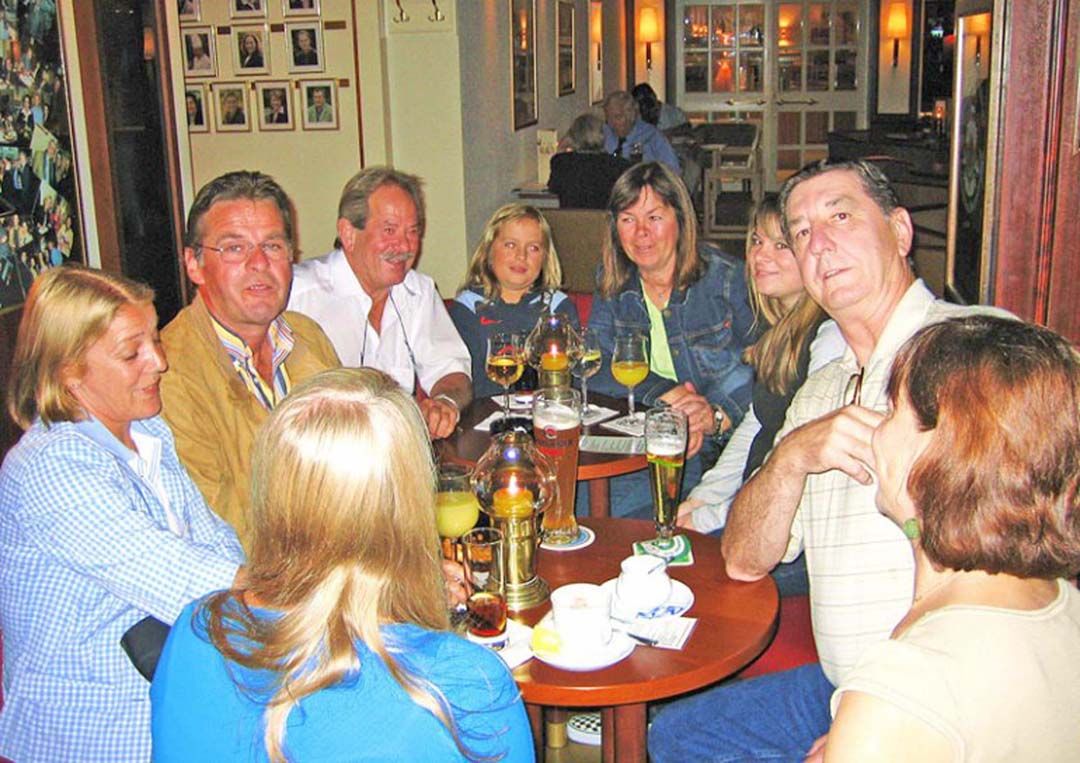
Kenny Vogt and his wife Alyce (both on the far right), meeting Kenny's relatives in Heidelberg. Our group consisted of Kenny, Alyce, Dieter, Terry, and me. Kenny's father was born in Germany. It was Kenny's first trip to Europe and the land of his ancestors.
Let’s pivot back to why Lou Gramm had to be a car guy, aside from being my neighbor on Charlotte Street. The fact that he was is made abundantly clear in “Jukebox Hero”, his autobiography:
“I loved muscle cars. I loved the way they looked, the way they sounded, the way they accelerated. You couldn’t have enough horsepower. The roar of one of these thunderous engines remains music to my ears, still stirs my soul. My infatuation with speed really took off when I was 16 or 17 and began hanging around with Butch, my band’s bass player. Butch was about 10 years older than me, and he drove this black ’65 GTO with red interior. He often picked me up for rehearsals and shows, and after we finished playing, he would drive me to this dive of a restaurant in a run-down area of Rochester where all the greasers hung out. Not long after I met him, he traded in his GTO for a black-on-black 1967 Dodge Charger with an even more powerful engine.”
“It was in that car that I experienced the adrenaline rush of my first drag races. Illegal drag races, I should add. The primary strip wound up being Lake Avenue, and the cars sometimes would hit 90 mph. You’d go pedal-to-the-metal for about a quarter of a mile. Everybody would eventually wind up at the Lake Ontario beach area in Charlotte.”
So Lou Gramm was and still is a car guy. The Rochester street racing scene he describes is all too familiar. Especially the Lake Avenue part. Fortunately, as we mature – if we mature – we outgrow it. What remains is our penchant to collect cars we grew up with, more cars than our attached garage will hold. Notably more, depending on financial means, even after we’ve evicted our daily drivers to the driveway.
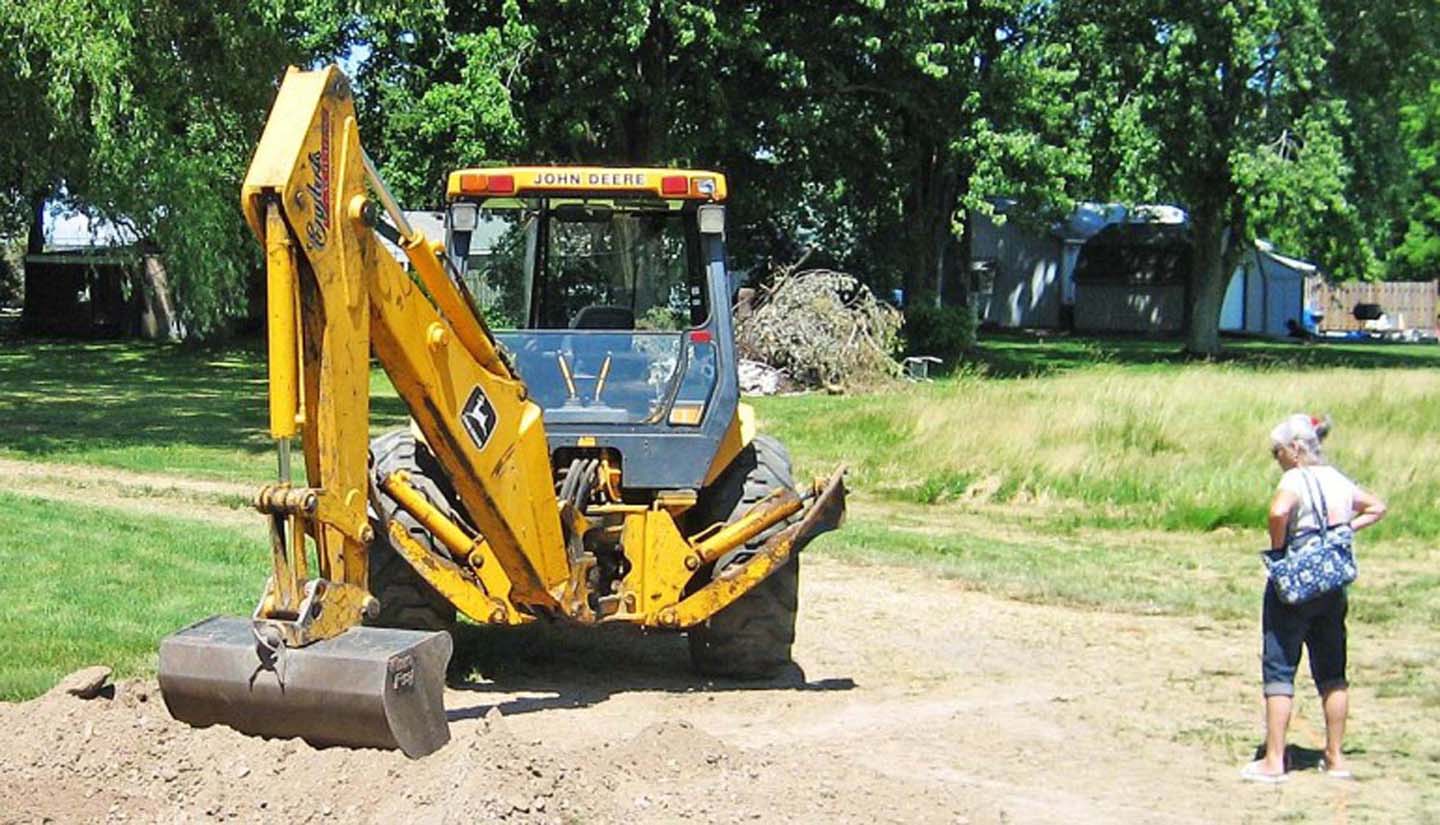
That's John Deere on the left, Terry supervising on the right.
Buying your first collector car is a lot like taking in your first stray cat. Before you know it your house is full of ’em. I counted fourteen at one point. Cars, not cats. I had to buy a small farm with a large pole barn to hold them all, then build a gravel road to get to them. One cold, harsh fact car lovers and cat lovers alike must eventually deal with is this: It’s really, really hard to know when to stop. We’re down to seven, Terry and I, but have space for three more (cars, not cats), so who knows.
Something else you’ll absolutely need before you get seriously into collecting cars is a reputable classic car dealership, one you can trust to buy/sell/exchange cars for you, regardless of distance. I found mine in Engels Gualdani who owns Great Lakes Classic Cars in Hilton, New York, just 24 miles west of Webster. Lou found his in Dana Mecum a little farther west, 673 more miles to be exact, in Walworth, Wisconsin. I got to meet Dana when Lou Gramm and Jim Guck, a close friend of both, brought him into the printshop to see the Dragon Snake.
Introductions were by first names only, not unusual in America, a peculiarity I discovered on my own while I was still living in Germany. You may remember me telling you that I regularly mingled with American soldiers at Patch Barracks in Stuttgart. One of the more puzzling facts was the sheer number of GI’s named “Mack”. I constantly heard one soldier ask another “Hey Mack, got a cigarette?” It finally dawned on me that not knowing some guy’s name wasn’t much of a handicap. Mack was a perfectly acceptable substitute. How convenient. The reason I point this out will become significant in a minute.
All I knew about Dana was that he was a classic car dealer, Lou Gramm’s go-to guy when Lou wanted to buy or sell a muscle car. It was natural that Dana would ask after inspecting the Cobra whether I had ever thought of selling it. Would have surprised me if he hadn’t. The answer was yes, but not this year, nor this minute. For the time being, the answer was no. Would it be Ok if he kept me informed when interesting cars came into his possession that I might consider for possible trades? Sure, why not. There was no reason to not have the Dragon Snake on Dana’s radar. At the time, I had already rejected concrete offers from other dealers, north of half a million.
The first list Dana sent me did have some contenders, with prices listed, but no Lamborghini Miuras or Ferrari F40s or Mercedes 300SLs, three cars that might have tipped the scales if accompanied by a reasonable amount of cash. We were by now well past the initial years of the "Clowns", the speculators who came out of the woodwork thinking they were exceptionally smart and everybody else was incredibly stupid when it came to making money investing in collector cars. Dana, thankfully, wasn’t one of them.
For the next few years, Dana’s offers would keep coming, usually in January, like clockwork. Terry and I now lived in the newly remodeled apartment above the office of the printshop, but I don’t recall ever running into Dana at our rockstar neighbor’s studio. Cobra values were outpacing the collector car market as a whole, so I had no interest in trading or selling.
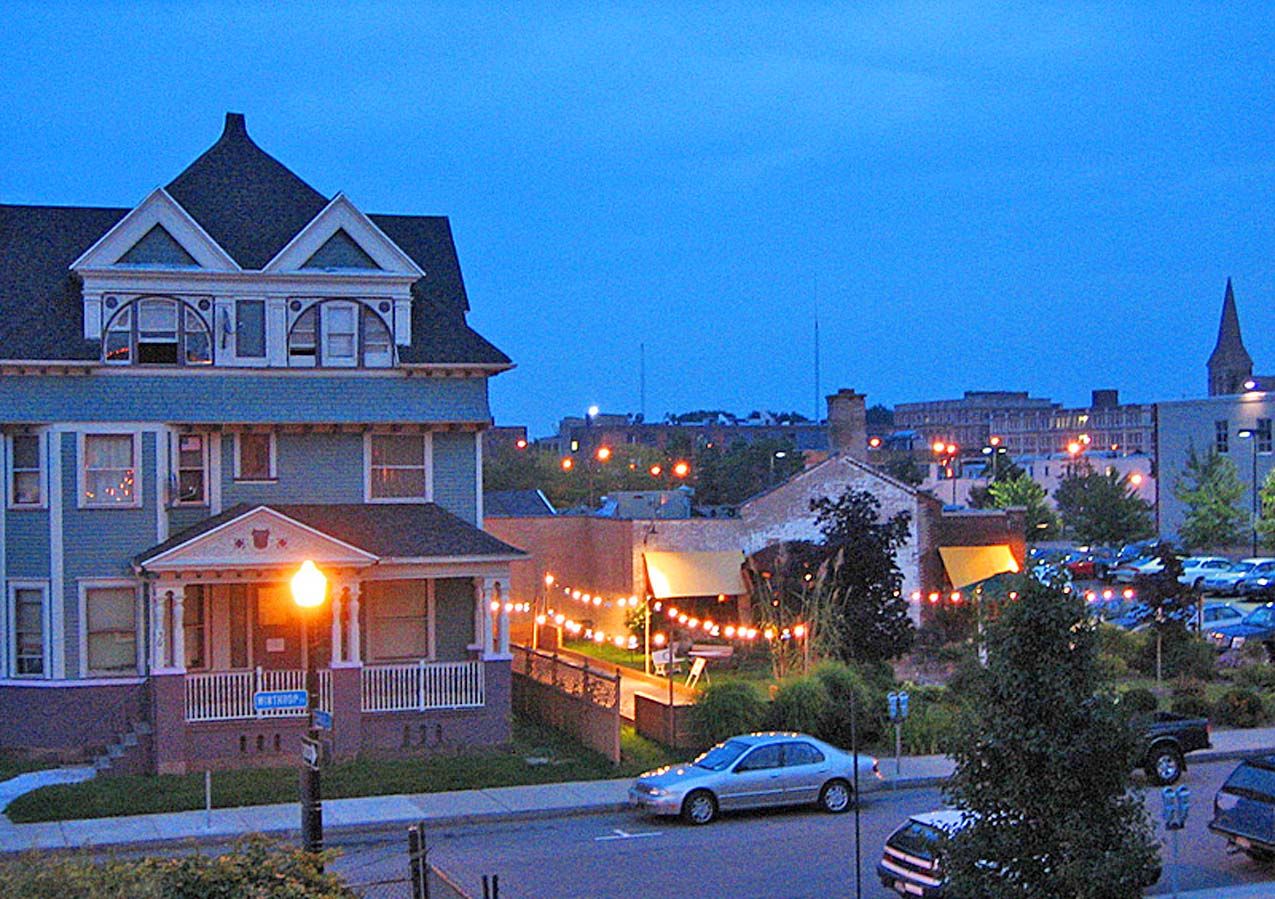

Photo on the left: 2 Vine Restaurant, viewed from our roof garden.
Photo on the right: Terry feeding the birds.
We both loved living in downtown Rochester, within walking distance of shops, bars, and eateries. Two popular restaurants, 2 Vine and Eros, were literally just a few feet from our front door, with lively bars in both of them.
As if the vibrant nightlife in the heart of downtown wasn't enough, we also played host to abundant wildlife. Some of it, like the woodchuck Terry and I raised, became semi-permanent. Our pair of ducks returned every year and are seen here waiting patiently to get fed, having announced their presence by discreetly tapping at our bedroom window. A more infrequent pair of raccoons came and went as they saw fit.
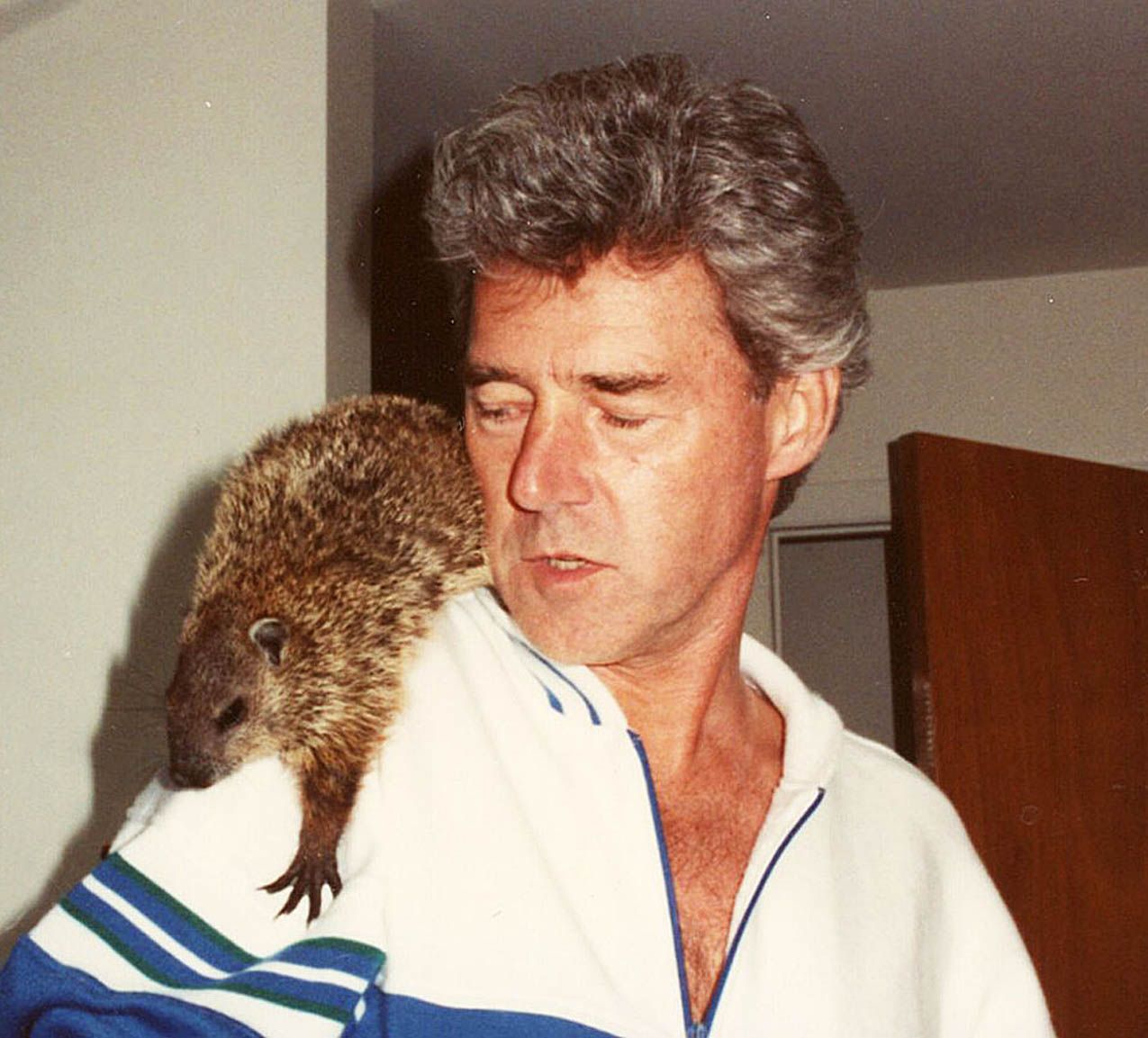


Hey Woody, do you mind!
This all happened before 2005, when Tom Cotter published “the Cobra in the Barn“, the same year that I decided to sell the Dragon Snake. Not through a classic car dealership, like Dana's, but at a major auction. The publication of Tom Cotter’s book had no bearing on my decision, nor do I think it influenced the Dragon Snake’s selling price. That all was coincidental.
What did matter was that I had initially decided to consign the Cobra to RM Auctions in Ontario, Canada. So what derailed it? Why didn’t I follow through and sign that contract?
I most likely would have, had Jim Guck not stumbled into the printshop the day before, asking whether we had surplus paper collecting dust in our odd lot room, paper we might be willing to part with for kindergarteners to doodle on. Turns out we did.
As I helped load it into his van, I casually mentioned that the Dragon Snake would be going to auction this year and that I was ready to sign with RM, like, tomorrow. Here is where the stars come in, with the fateful conversation that followed:
Jim: “Why don’t you have Dana sell it?”
Me: “Why would I want to have Dana sell it?”
Jim: “Well, you know, DANA!”
Noticing the “deer in the headlights” look on my face, Jim filled in the blanks:
“DANA MECUM”
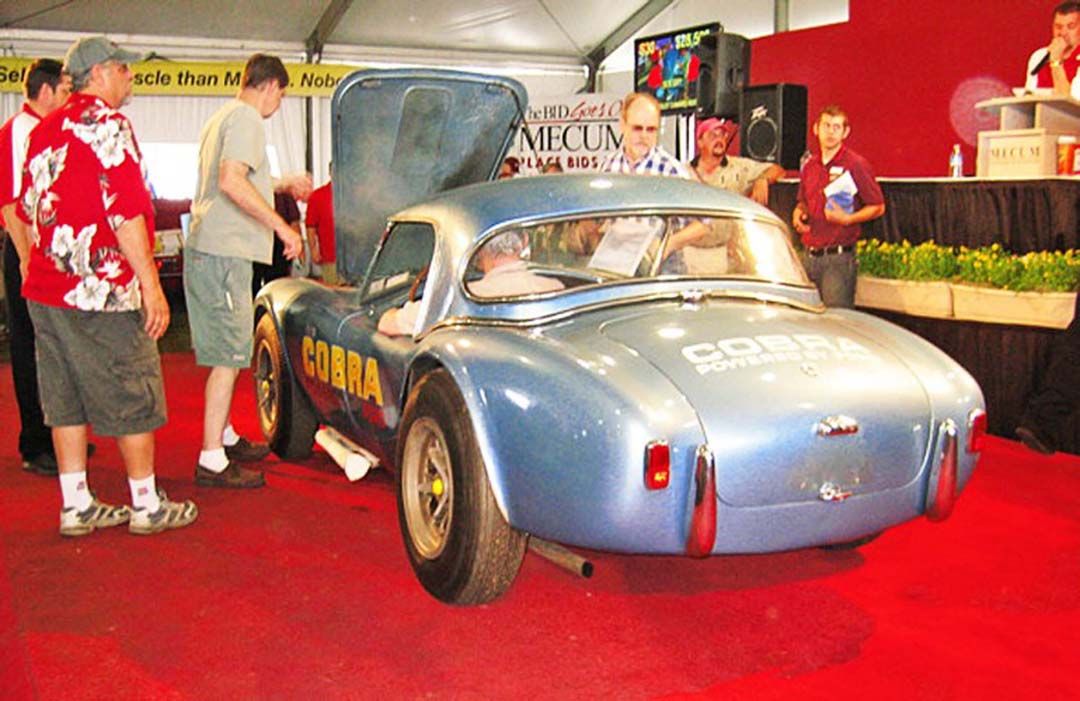

From left to right: Jim Guck, Kenny Vogt, Dieter Pohlig, Dana Mecum. I'm still sitting in the Cobra.
The rest, as the saying goes, is history. All those years, we had never advanced past first names. Dana’s last name had never come up in conversation. Once again, the stars were aligned that day. Since then, though not musically gifted (so far as I know, and I may ask him about that when I see him), Dana Mecum has become a star in his own right – the star of the auction business.
I’ll have more to say about the auction in Book Two, and why Jezebel was consigned to the 2006 Mecum Spring Classic in Belvidere. If you get a chance to attend a Mecum auction, maybe to consign a car, or better still, submit a bid on one to take home with you, look for Jim Guck and tell him Hal Heindel sent you. He’ll probably be wearing one of his colorful Hawaiian shirts.
Copyright 2022 - Helmut Heindel